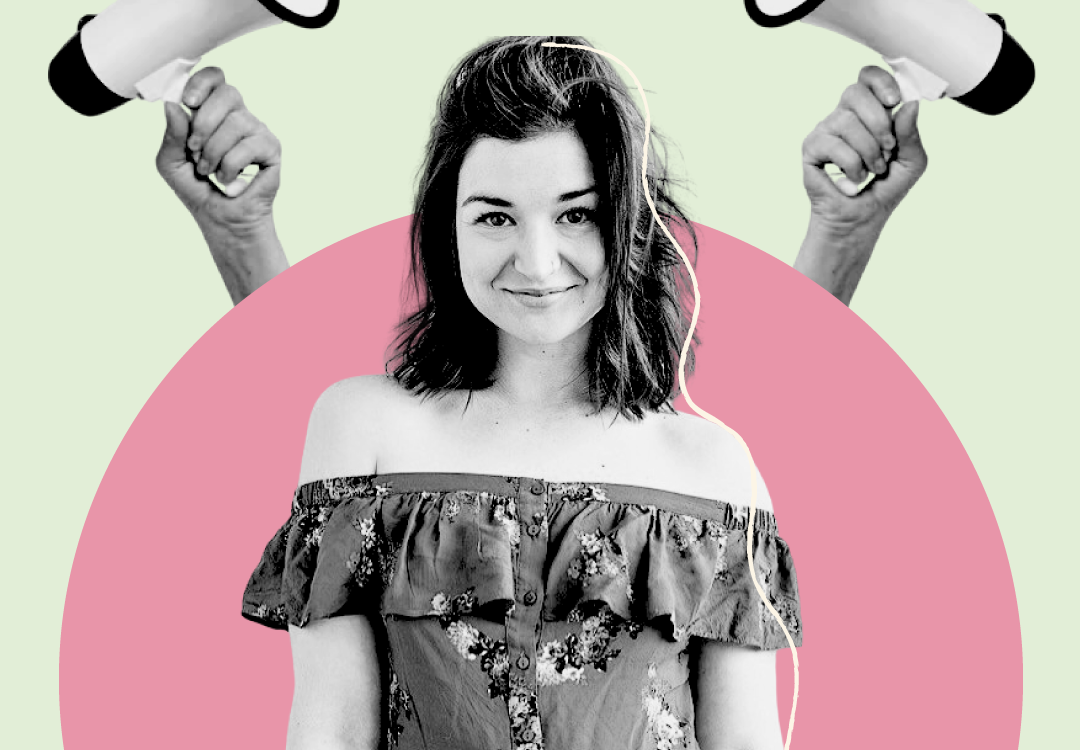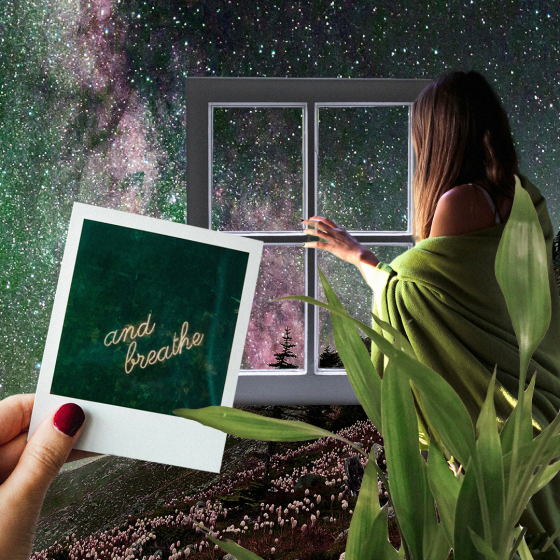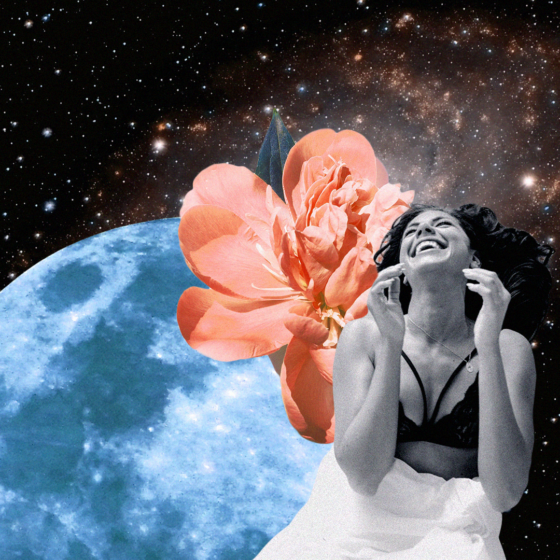On Christmas 2017, a family member asked me what I was doing for work.
At the time, I was a content specialist at a human services non-profit in Northern Virginia where I spent my days writing articles, newsletters, and managing several social media accounts. I didn’t love the job, but I loved the title. As an actor and writer, and as someone who has identified with those job titles for many years, I know the look on people’s faces all too well when you tell them that’s what you’re pursuing. It’s a look that screams, oh… interesting. Titles like teacher and attorney and accountant hold a different weight than actor or writer or comedian.
Or so society says. So society has groomed us to think.
“I’m a content specialist at a non-profit,” I said.
“Oh, good,” she said. “I’m glad to hear you’re not acting anymore. I’m glad to hear you grew up.”
I downed the glass of Chardonnay in my hand, poured another, and mentally prepared myself to simply get through another holiday, or just another day, rather, as a person who is pursuing a career in the arts.
Because, let’s face it, most people just do not get it.
I remember applying for that non-profit job, and it wasn’t because I wanted to. It was because I felt so much shame for not having a “real job” while my partner and our friends did. I hated answering the question, “What do you do?” because, on any given day, it could be different.
Some days, I was a writer covering Swan Lake at The National Theatre. Some days, I was a theatre teacher for a class of five preteens at a community center in Arlington. Other days, I was an actor learning lines for an audition.
“I do a lot of things,” I’d respond. “Actor, writer, stuff like that.”
“Oh, well, what’s your real job, though?”
If you’ve ever been asked the question, “What’s your real job?”, you know just how degrading it feels, as if entertainment doesn’t require hard work, training, and a dedicated set of skills one must toggle back-and-forth from on a moment’s notice.
As if entertainment isn’t real.
It’s real enough for the lawyer who comes home, pours a whiskey, and melts into the couch while watching reruns of The Office to spark some joy. It’s real enough for the teacher who gathers with friends on Monday nights for wine and The Bachelor. It’s real enough for the physician who ventures out onto the town to see live music whenever they aren’t on call or whose home is filled with Blue Dog paintings.
So, why isn’t it real enough for you and me to pursue as a career? Why is it laughed at? Why are we condescendingly wished “good luck”?
Because there’s risk and there’s uncertainty, and it’s unlike the risk and uncertainty that comes with pursuing a law or medical degree, I assume. Accruing hundreds of thousands of dollars in debt to pursue a career that might not even nurture your soul but will make your parents proud of you sounds pretty risky to me, however, but I digress.
“I get, “How do your parents feel about that,” says Shane. “Like I’m being so irresponsible [by pursuing acting], my parents are negatively affected.”
Here’s a tip for those who experience the same shame from strangers – it’s none of their business what you choose to pursue and what you don’t. And in everything worth pursuing, there is risk and uncertainty.
But only in our industry is there a blatant disregard for pursuing our craft. We only praise the actors, writers, artists, and musicians who “made it”. The ones we see walk the red carpet and win awards. We idolize them. We see their success and admire it. Their journeys are admirable, because, in the end, they made it to the top. Admirability is thrown out of the window in the pursuit of mastery and is only recognized when mastery is achieved.
But how can one master if they don’t try?
You can’t be a ballerina, Jonathan. Study chemistry instead.
You want to be a professional soccer player, Anna? How about a nice career in accounting?
Or, like Lindsy, if you want to be an actress, plan to marry rich.
“I was told it was ridiculous that I went to college for theatre,” says Lindsy. “And my whole life, I was forced to think of a backup plan. A large portion of my family thought my ex, who was an engineer, was my only chance at a stable life. They’d say, “If you’re gonna be an actress, at least get a husband that can financially support you.”
Or, like Diana, who had a dream of being an artist and wasn’t encouraged to pursue it.
“When I was in grade school and told my parents I wanted to be an artist, their response was, “You’ll starve. You’ll die out there,” said Diana. “Ten-year-old me didn’t know that parents aren’t all-knowing. Now I wonder what my life would have been like if I had leaned into my interests instead of leaning into what would be least tumultuous with my parents.”
Or, like you reading this, who also has dreams, but is afraid of what others will say and think. Afraid of how society will view you. Afraid of not having an admirable career.
Admirability is a social construct, and it’s hoisted onto the backs of children who have big dreams to scare them into pursuing a safer life because heaven forbid we live wild.
Heaven forbid we’re happy.
Heaven forbid we succeed.
Because if we live happily and if we succeed, that means that they could have, too. But they were too afraid to try.
We aren’t, though. Not us creative kind. We aren’t afraid to go for it. We aren’t afraid to risk it all to achieve our dreams. We aren’t afraid to live wild. And the reason why we aren’t afraid to pursue what’s in our hearts is because we know what it’s like to live without it, and living without what fuels our fire is the scariest reality of all.
If anything in the world is admirable, it’s not a fancy job title or pursuing the path of least resistance, it’s having a dream, going for it, and believing you can have it all.
And you can, and you will. And I hope this was helpful.
If you need me, I’ll be sipping Chardonnay and drafting my response to this year’s Christmas question of, “So, Kaitlyn, what are you doing for work?” This is what I’ve got so far. Let me know how it sounds:
“I’m writing about you, Aunt Jeanine. And I’m getting paid for it.”
Live wild. Be happy. Succeed.
Cheers.









